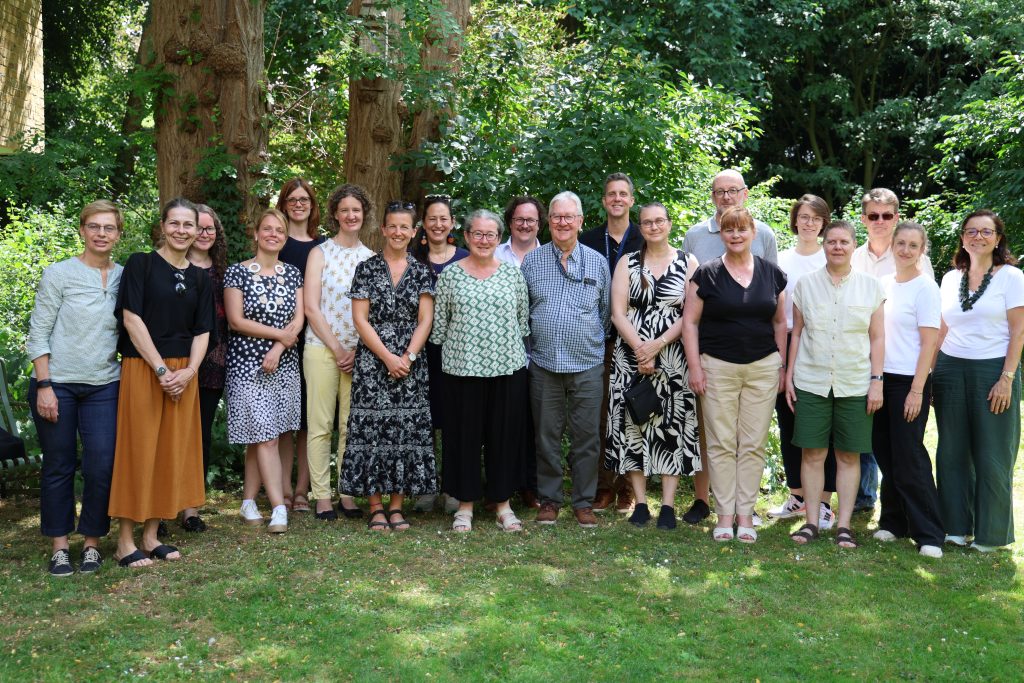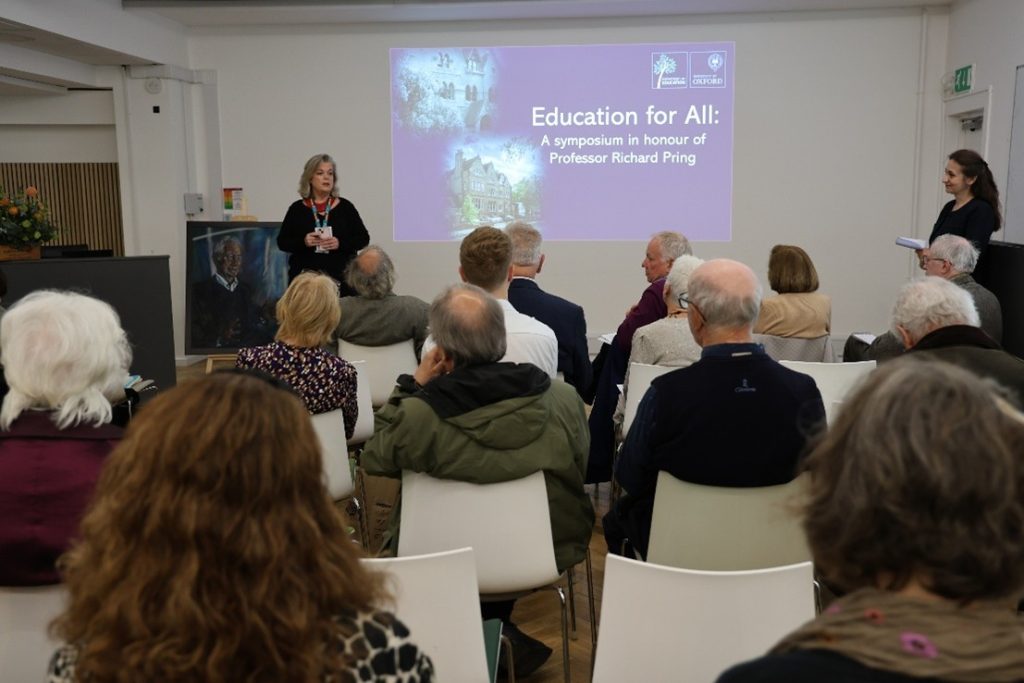Published on 17 October, 2021, this special issue of Contemporary Social Science was guest edited by Dr Lyudmila Nurse and Professor Edward Melhuish, Department of Education, University of Oxford. Contemporary Social Science, Journal of the Academy of Social Sciences is an interdisciplinary and international journal that focuses on theoretical, empirical and pragmatic research across social sciences and related disciplines.
In their editorial, “Comparative perspectives on educational inequalities in Europe: an overview of the old and emergent inequalities from a bottom-up perspective”, Nurse and Melhuish state:
“Educational inequalities remain a major challenge to the social cohesion of modern societies. They affect the younger generations in the society throughout their development and are also becoming more varied and entrenched. Although most inequalities are linked to socio-economic factors such as income, access to material resources, educational attainment, and social class, new emergent types of inequalities are developing rapidly: spatial segregation, residence status (native-born or immigrant) (Barnes, 2007; Lareau, 2014, 2015) and the digital divide (Bynner & Heinz, 2021; Melhuish, 2019). The use of in-depth evidence about the nature and variations in experiences of inequalities by individuals, families, communities within and across European countries is an effective way to provide up-to-date insights into evolving inequalities and the social problems that arise.”
Papers in this special issue shift the focus of debate about the changing nature of inequalities in modern societies by drawing upon advances in qualitative, biographical and mixed methods studies of socially disadvantaged groups in six European countries: Czech Republic, France, Germany, Greece, Italy and Poland. The Special Issue editorial paper draws its conclusions based on recent H-2020 ISOTIS project research in 10 European countries, other recent research and analytical reports with a focus on Europe and it is in open access.









